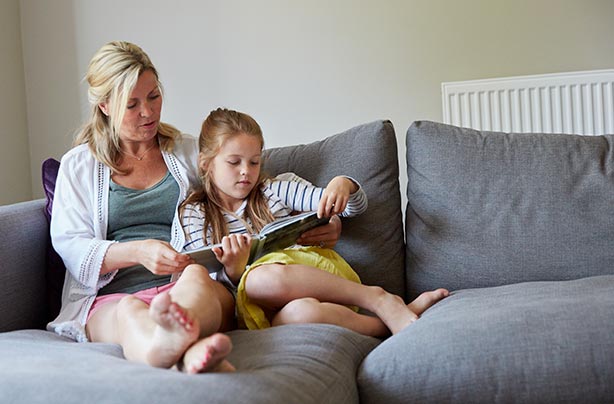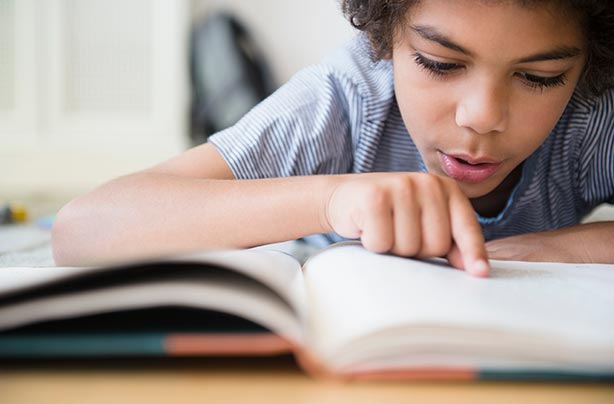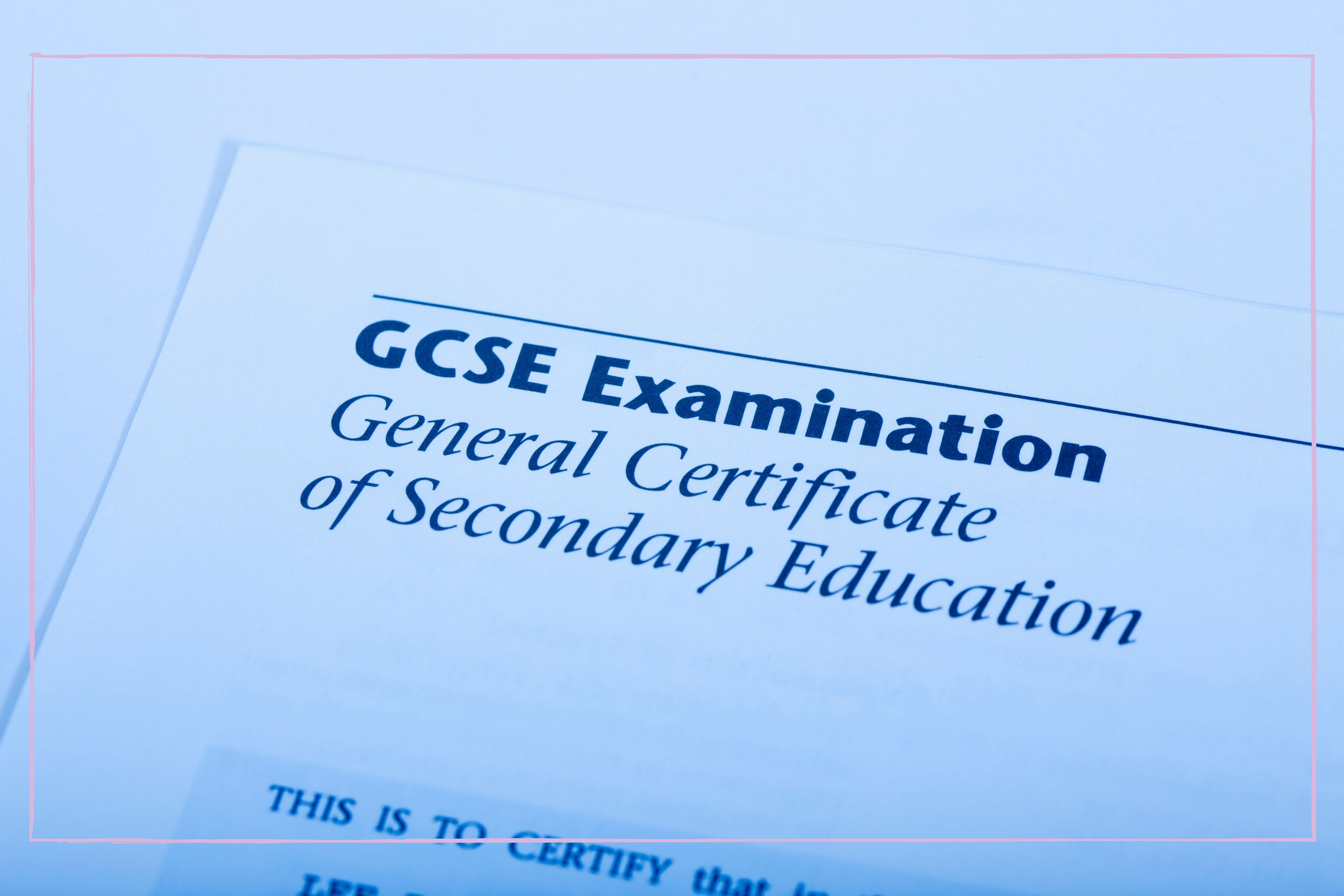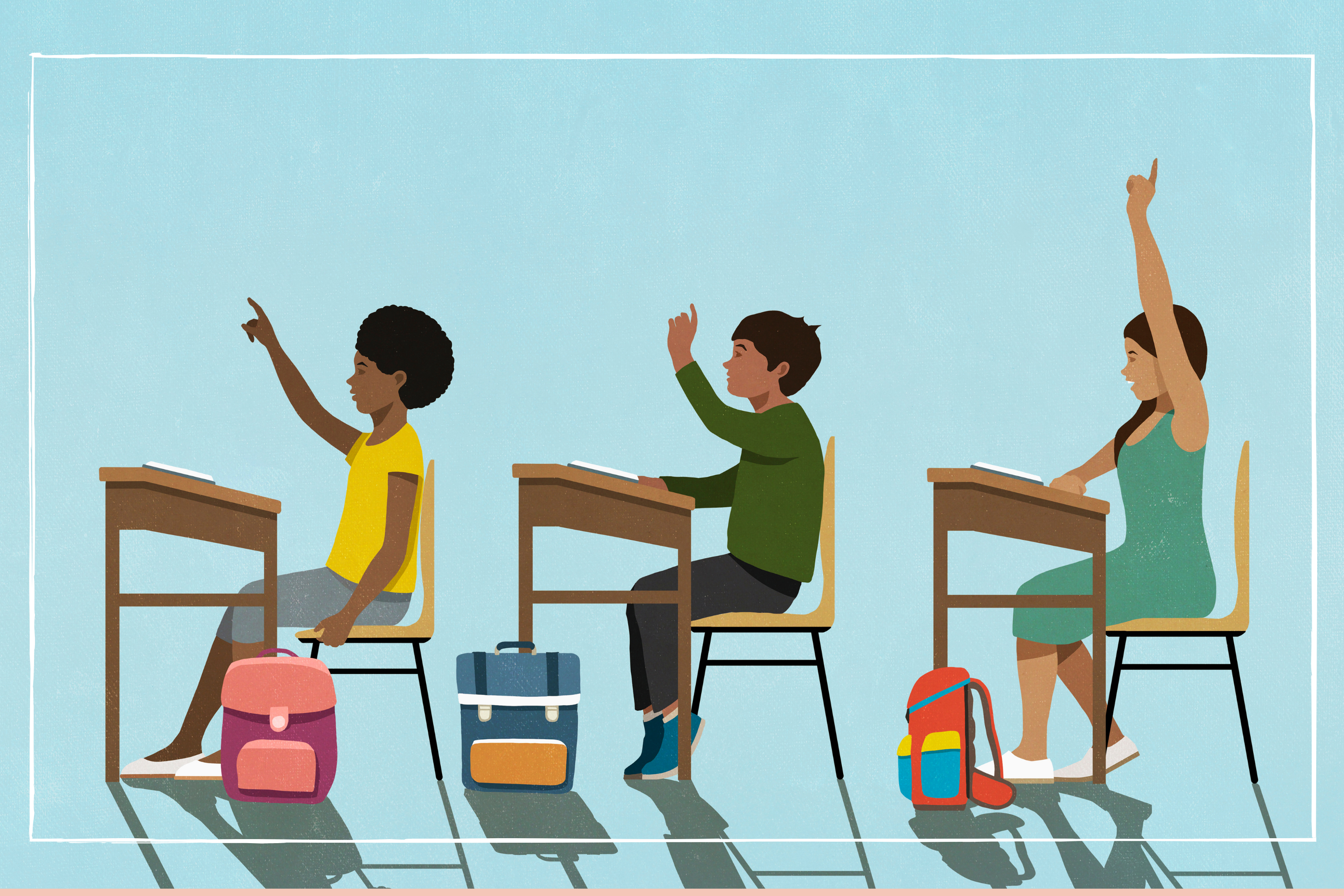What is dyslexia? Everything you need to know about the condition
How to diagnose, manage and understand the needs of a child with dyslexia

Dyslexia is a common learning difficulty which can see people with the condition struggle to read, write or spell.
Here, we look at everything you need to know about the condition, and how to help your child if they've been diagnosed.
What is dyslexia?
Categorised as a 'specific' learning difficulty, dyslexia causes problems with things such as reading, spelling and writing, and even maths.
Around 1 in 20 people are expected to have dyslexia.
How does dyslexia affect children?
Dyslexia affects children to different degrees.
While one child might find that just their spelling is affected, others may struggle to read and write too and have varying fluencies in the written word.
Dyslexia is not related to a child's intelligence, and can affect children of a range of abilities.
GoodtoKnow Newsletter
Parenting advice, hot topics, best buys and family finance tips delivered straight to your inbox.
'People think it is a reading problem - it can be but it is more than this - it affects spelling, writing, concentration and ability to complete things in a time frame as well,' explains dyslexia specialist Debbie Abraham.
'It is just a letter reversal problem - mixing up b's and d's, although some children may have that issue, it isn't always the case.'

What are the early signs of dyslexia
'A key sign is that the child doesn't know how sounds and letters match up which means that they have trouble reading and spelling - the specific term for this is phonological awareness,' says Debbie.
'A parent may notice that their child isn't reading at the same level as classmates, and they may be struggling with picking up reading skills. They may also notice that their child doesn't remember their spellings and that they are the child getting 1/10 in the weekly spelling test.'
'A child may also experience a lack of concentration. They may not writing very much, they might not finish work in the allocated time, and may be being loath to do homework,' she continues.
'In more extreme cases the child may have high levels of anxiety, not want to go to school.'
How is dyslexia diagnosed?
'Dyslexia is easier to manage if diagnosed early. If you suspect your child has dyslexia, firstly look into the problem with the school, but perhaps with a private educational psychologist/specialist teacher if the school isn't forthcoming about looking into it,' says Debbie.
'When they know, have a school meeting to ensure their child is supported properly in the classroom. Their child will benefit from following a specialist dyslexia programme - either at school or at home if the school won't do this.'
'Parents should also ensure that their child gets to do something they really enjoy so that they can keep up their confidence and self esteem,' she adds.
'Parents really have to become their child's advocate, so if they feel the school is setting too much homework then the parent should say so and get this stopped.'
A directory of chartered psychologists on the British Psychological Society's website contains an independent catalogue of experts who can diagnose your child.
Treatment for dyslexia
'It's simply not true that dyslexic students don't try hard enough,' says Debbie. 'They have to be taught strategies to help them with their difficulties and then they shine.'
Parents should not give up on reading with their children. Parents should read to children, and play audio books for a child with dyslexia. They should also read aloud to build reading accuracy, speed and expression, and list a vocabulary of recognized and understood words.
Children with dyslexia should also be given access arrangements so that they can succeed in school exams. When formally diagnosed with the condition, students can be placed in a separate location, be given extra time or other arrangements can be made to accommodate their needs.
Local dyslexia associations (LDAs) may also provide extra support for you and your child when it comes to navigating the condition.
Do you have a child with dyslexia? What techniques have you found helpful? Let us know in the comment box below.
Trusted, informative, and empathetic – GoodToKnow is the ultimate online destination for parents. At GoodtoKnow, our mission is 'simple': we're trying to make sense of parenthood. On the site, you'll find everything you need for a happy, healthy family life. Our huge archive of content includes more than 18,000 articles and 1,500 how-to videos. These include expert-backed advice features on parenting, dealing with relationship changes after having a baby, self-care for mums and managing your family finances. We also feature tried-and-tested product reviews and buying recommendations for every stage of family life - from prams and Moses baskets to birthday gifts and top toys.
-
 How long is the school summer holiday in the UK?
How long is the school summer holiday in the UK?Too long is not officially the right answer...
By Heidi Scrimgeour
-
 Results Day 2024: what's next for A-levels under the Labour government?
Results Day 2024: what's next for A-levels under the Labour government?The current government intends to keep A-levels while also continuing to support and expand T Levels
By Tanith Carey
-
 School terms 2024: Holiday and term dates across the country
School terms 2024: Holiday and term dates across the countryWe have those all-important school term dates for the remainder of the year, to make sure your calendar is up-to-date with the latest information.
By Ellie Hutchings
-
 How to add your Clearing choice to UCAS
How to add your Clearing choice to UCASFind out how to appeal A-level results and when does clearing open with this helpful guide to get you through results day
By Heidi Scrimgeour
-
 GCSE results 2024: When are GCSE certificates issued?
GCSE results 2024: When are GCSE certificates issued?GCSE results are a nerve-wracking time, but once out the way you might find yourself asking when are GCSE certificates issued?
By Heidi Scrimgeour
-
 From tears to Tariff points, here's a parent's guide to what to expect on A-level results day
From tears to Tariff points, here's a parent's guide to what to expect on A-level results dayWhat to expect on A-level results day, how to understand their results and what to do if they didn't get what they wanted
By Tanith Carey
-
 When do kids break up from school? Summer holidays 2024
When do kids break up from school? Summer holidays 2024When do kids break up from school for the summer? As we head into the final weeks before the long break, we have the key dates you need to know about.
By Emily Stedman
-
 How to appeal a school place: what to do if your child doesn’t get the school you wanted
How to appeal a school place: what to do if your child doesn’t get the school you wantedGetting your child into the school you really want for them can be a nail-biting time for parents. Here's how to appeal if your child doesn't get in...
By Emily Stedman